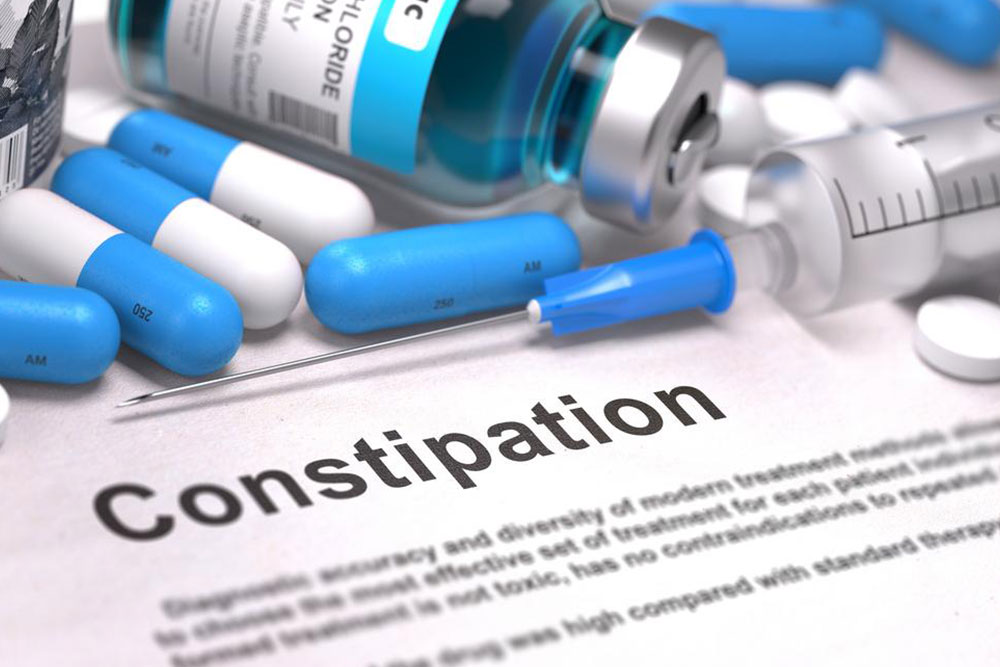How Your Diet Influences Constipation and How to Improve It
Discover how diet impacts constipation and learn practical tips to improve digestive health. Incorporate fiber-rich foods, reduce processed and fatty foods, and stay hydrated to promote regular bowel movements. Consult a healthcare professional if symptoms persist.

Understanding the Connection Between Diet and Constipation
If you suffer from persistent constipation, it can interfere with daily life. While various remedies exist, they may not work effectively if your diet lacks essential nutrients for digestion.
What Is Constipation?
Constipation is characterized by infrequent or hard-to-pass bowel movements. When this issue persists over three months, it is classified as chronic constipation.
Dietary choices are among multiple factors contributing to constipation. A poor diet can lead to occasional or ongoing digestive issues.
Adjusting Your Diet for Better Bowel Movements
To alleviate constipation, monitoring your daily food intake is crucial.
Foods to Include
Whole grains
Vegetables like potatoes, carrots, broccoli
Fruits such as apples, pears, berries
Lentils and legumes
Healthy nuts and seeds like almonds and sunflower seeds
Foods to Limit or Avoid
Refined products such as white bread, baked goods, and cookies
Fried and greasy foods like chips and fries
Large quantities of red meat
Dairy products such as milk and cheese
Alcoholic beverages
Excess caffeine
Additional Dietary Tips
Avoid relying on over-the-counter laxatives; instead, focus on whole grains and vegetables daily.
Stay well-hydrated by drinking plenty of plain water, limiting sugary drinks.
Consume smaller portions of meat to ease digestion.
If constipation persists or worsens, consult a healthcare professional to rule out underlying causes.










